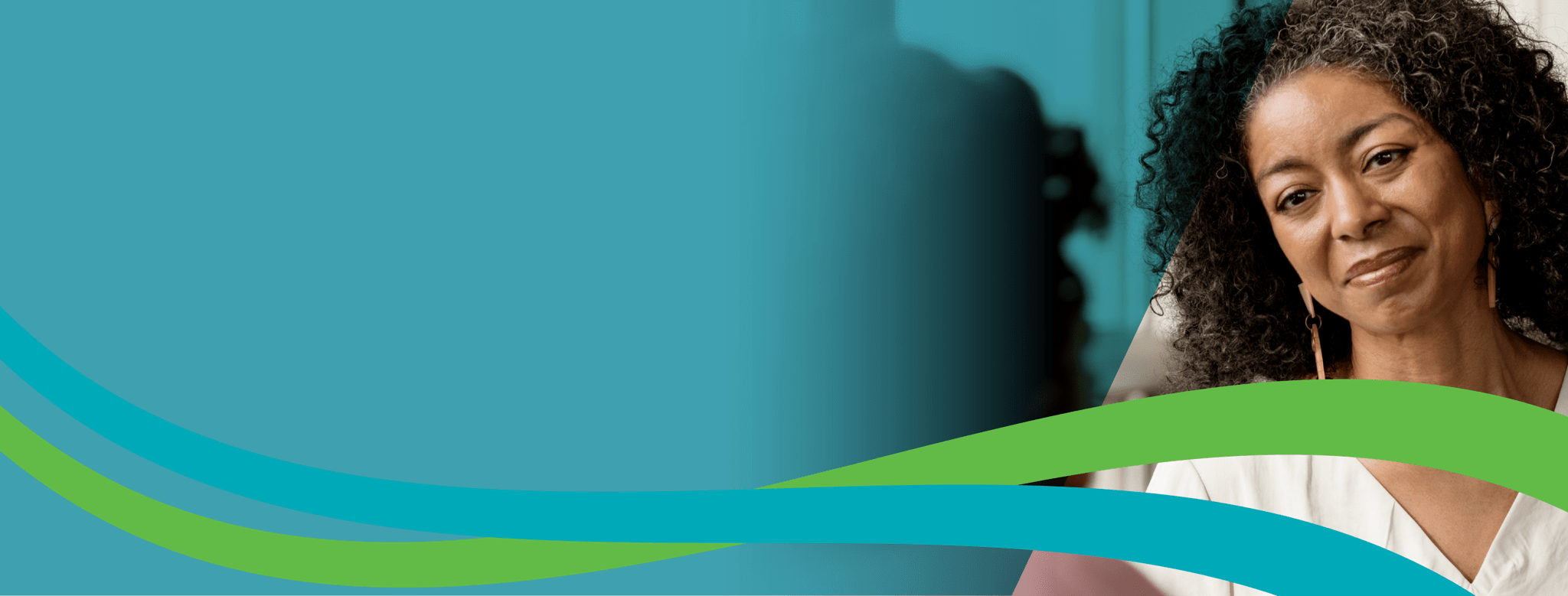In broad terms, there are 2 types of specialist family violence and sexual assault services:
- those that focus on victim survivors
- those that focus on perpetrators.
Family violence and sexual assault services have diverse workforces with a mix of qualifications. These range from diploma to undergraduate and postgraduate qualifications.
Disciplines include social work, community services, psychology, art therapy, counselling and public health.
Since the Royal Commission into Family Violence, we have funded a five fold increase in the specialist family violence response workforce - from around 500 workers in 2014 to 2,500 workers in 2023.
Figure 3: Growth in specialist family violence workforce
5 times increase from 500 workers in 2014–15 to 2, 500 workers in 2022–23.
Job roles within the sector
Family violence jobs are challenging but meaningful and rewarding work.
There are diverse roles across:
- intake and risk assessment
- therapeutic responses and counselling
- case management
- telephone counselling
- crisis intervention and support
- men’s behaviour change programs facilitation
- advocacy
Sexual assault services are separate from family violence services. However, they often work together and can be co-located.
Counsellor advocates work across sexual assault services and harmful sexual behaviour treatment services. These roles may be within Centres Against Sexual Assault (CASAs), community services organisations as well as hospitals.
There are also child-focused services and roles, and telephone counselling services.
Aboriginal community-controlled organisations (ACCOs) provide community services under the one entity. They can include both family violence and sexual assault services. Service delivery is driven by the community and designed and led by Aboriginal people. ACCOs focus on cultural connection, holistic healing and support.
“It’s quite easy for me to work with our mob because I bring that cultural knowledge as an Aboriginal and Torres Strait Islander woman. And that comfortability and that safe space.’
Latoya, Family Services Coordinator
The primary prevention workforce works in dedicated primary prevention or gender equality agencies or organisations. The workforce also works in settings such as local government, faith, education, youth, women’s health and community settings.
Primary prevention engages people over the long term, in the many different environments they live, work, learn and play.
The types of roles within primary prevention may include Gender Equality Coordinator, Prevention of Family Violence Team Leader, and Education and Engagement Officer. This includes an increased number of specialist primary prevention roles, included through investment in innovative prevention initiatives delivered by diverse communities.
“I studied a Bachelor of Arts and I majored in psychology and criminology. Once I completed my degree, I went into crisis accommodation. I was working with victim survivors who were homeless as a result of family violence’
Emily, Specialist Family Violence Practitioner
Why people work in these sectors
We know from our research1 that people who want to work in the sector do so because they want:
- to do a job that aligns with their values about social justice, equality, feminism and human rights
- to contribute to social change
- to do a job with purpose that makes a difference
- to do challenging and difficult work that is also meaningful, important and rewarding
- to work directly with women and children in need
- to work in a sector with diverse roles that suit many skills and interests.
‘I wanted to do something for the community. I wanted to volunteer somewhere. There was a speaking up program which was a volunteer, sort of advocacy program. I really felt that my experience being a victim survivor, I thought that I am the best person for this kind of role.’
Libby, Family Violence Practitioner
Figure 4: Workforce snapshot
Family violence response and sexual assault workforce [1]
- 87%
- identify as female
- 40-44 years
- is the median age
- 68%
- identify as heterosexual
- 5%
- are Aboriginal and Torres Strait Islanders
- 21%
- were born overseas
- 10%
- have a disability that affects their work
- 15% spoke a language other than English
- and around half of this group used another language at work
Qualifications and career pathways [1]
- 81%
- have a graduate or postgraduate qualification
- 21%
- worked more than 10 years in the sector
- 31%
- worked 2 years or less in the sector
- 50%
- worked in a related sector prior to their current role
Main fields of study included:
- 38%
- social work
- 14%
- community services
- 12%
- psychology
- 8%
- counselling
- 4%
- family violence
*Top 5 qualifications
Specialist primary prevention workforce [2]
- 87%
- identify as female
- 35%
- use their cultural or faith-based knowledge to undertake their work
- 46%
- had been in their role for more than 5 years
- 35-54 years
- is the median age
- Most primary prevention workers
- hold a bachelor or postgraduate degree
The second RAP includes all these workforces. However, several of these workforces are also covered by separate workforce development strategies that sit alongside the second RAP. These include the primary prevention workforce, sexual assault services and Aboriginal Community Controlled Organisation (ACCO) workforce.
References
[1] Family Violence Jobs Portal - the jobs portal was launched in 2020 to support the attraction and recruitment of workers into the family violence and sexual assault sectors. It is a dedicated job portal where employers can post their jobs and prospective employees can search for jobs. Included are also resources for both employers and employees about specialised roles.
[2] Workforce pulse survey 2022 (1,049 workers from 100 funded agencies in Victoria responded to the Workforce Pulse Survey 2022, representing an estimated 35 per cent of the family violence and sexual assault workforce. This does not include the primary prevention workforce.)
[3] 2019–20 Census of workforces that intersect with family violence
Updated

